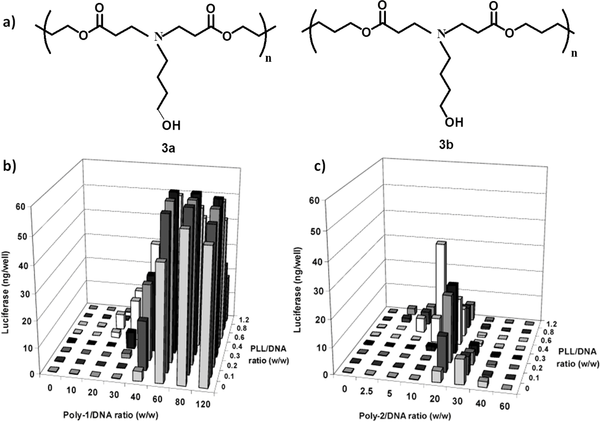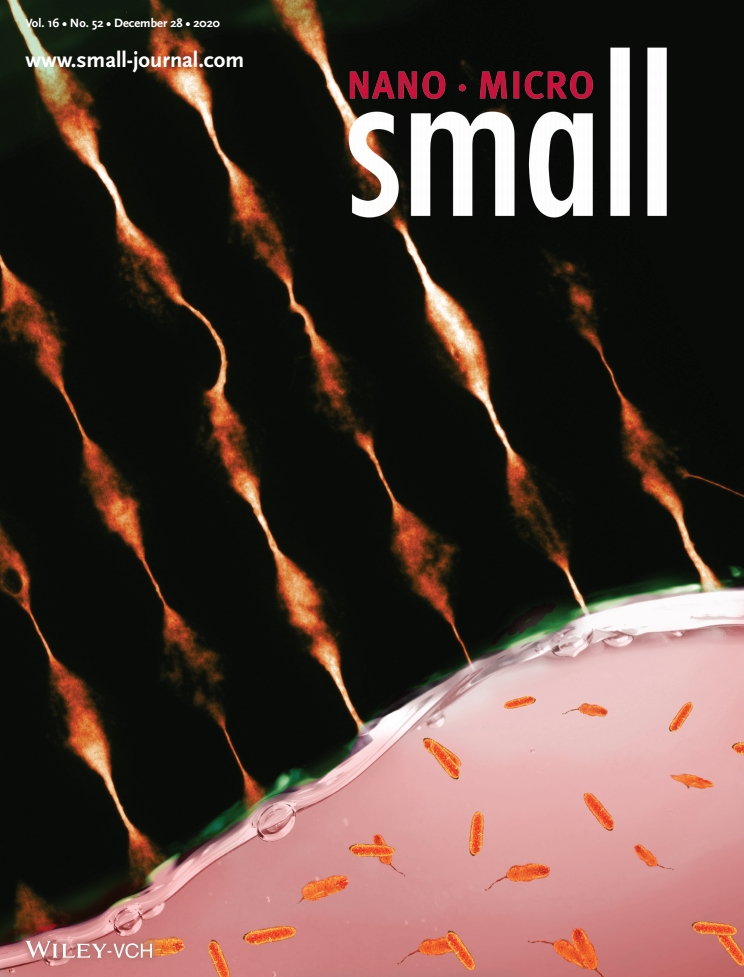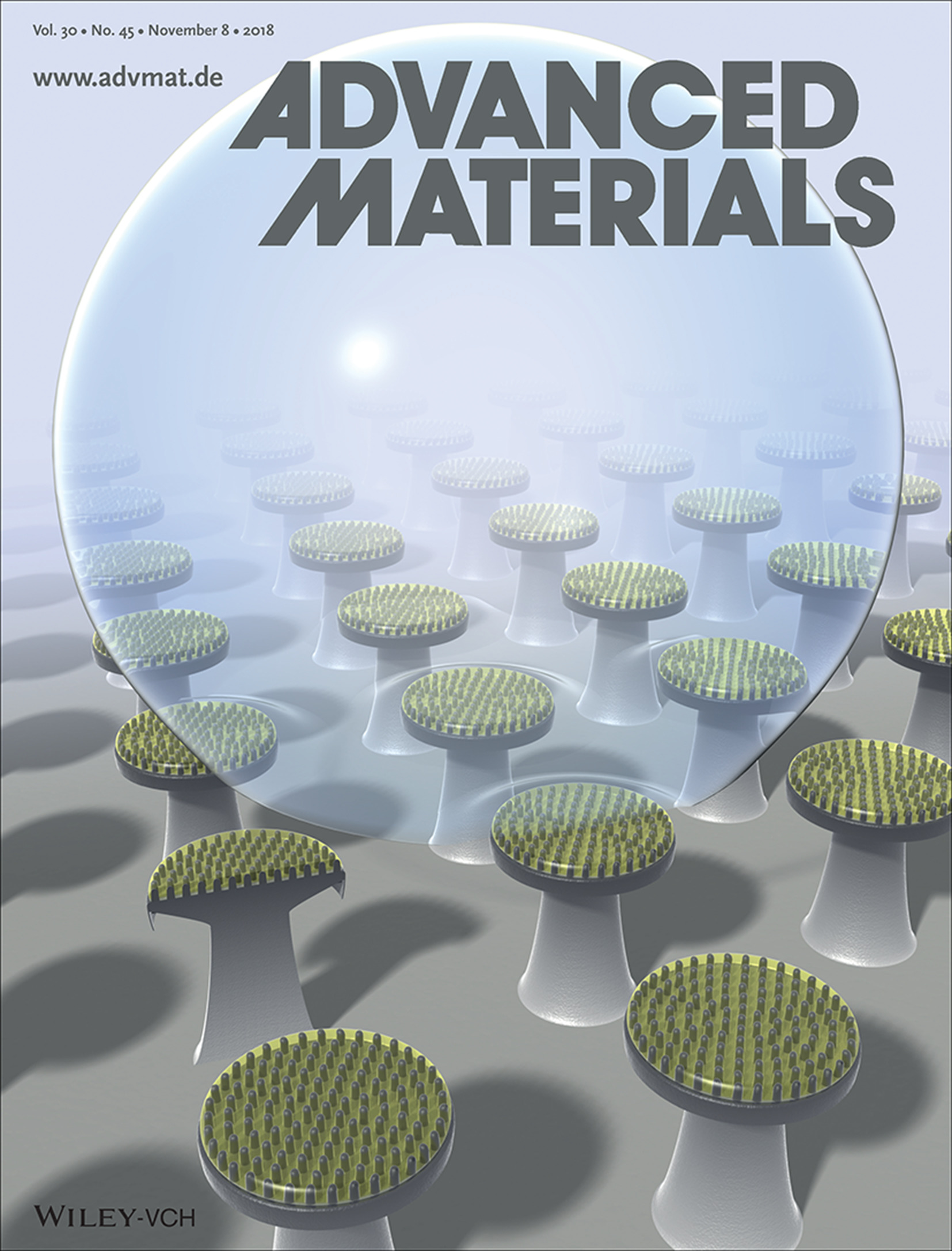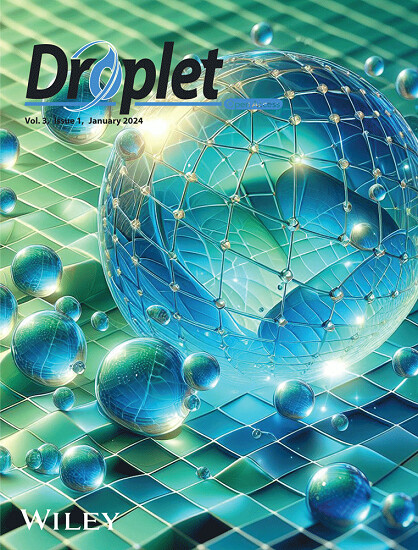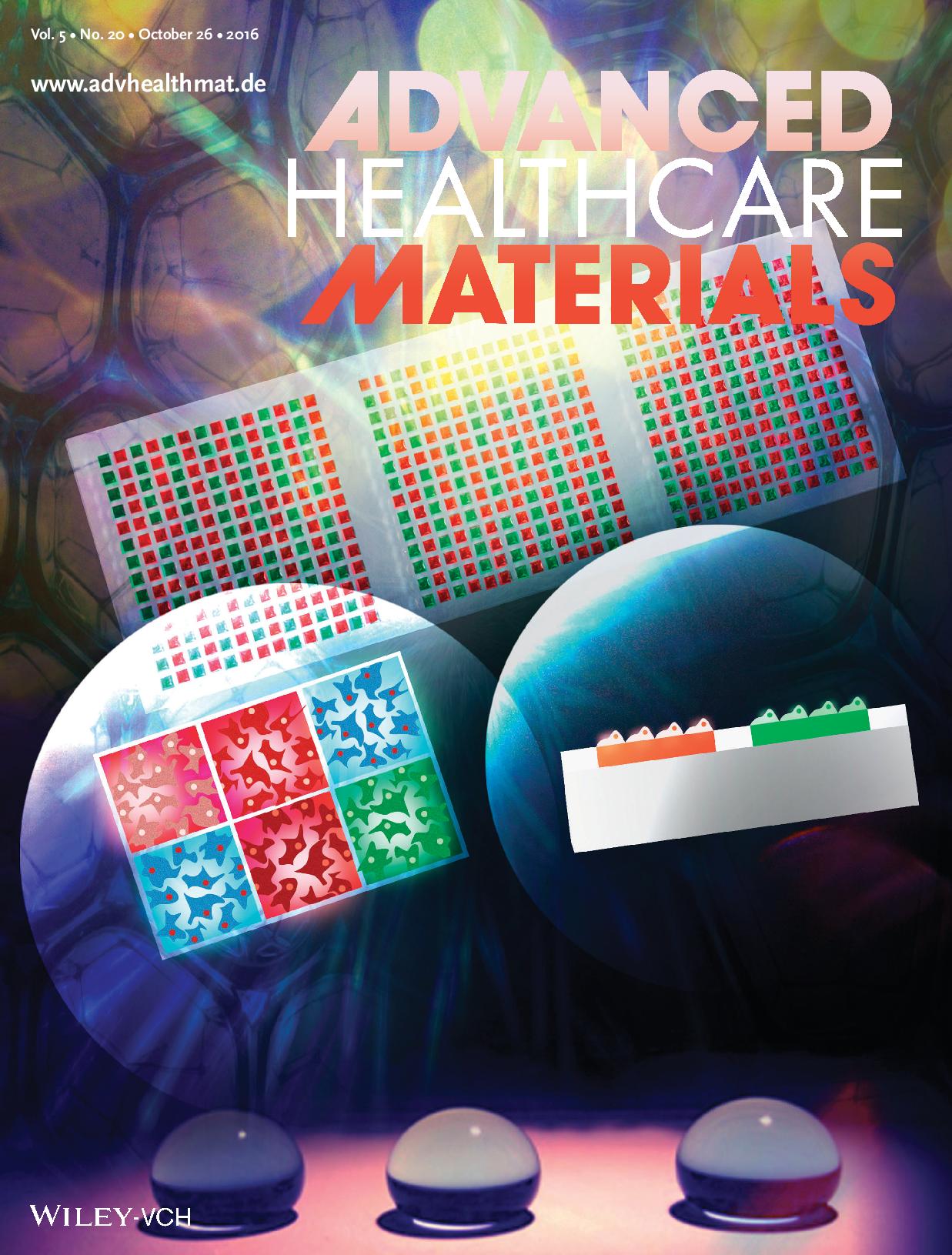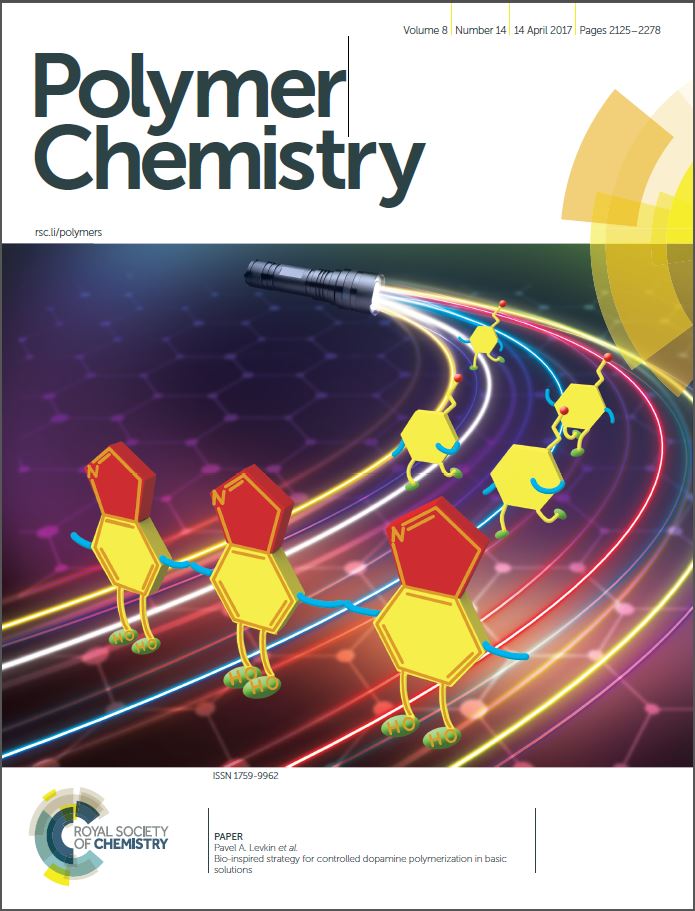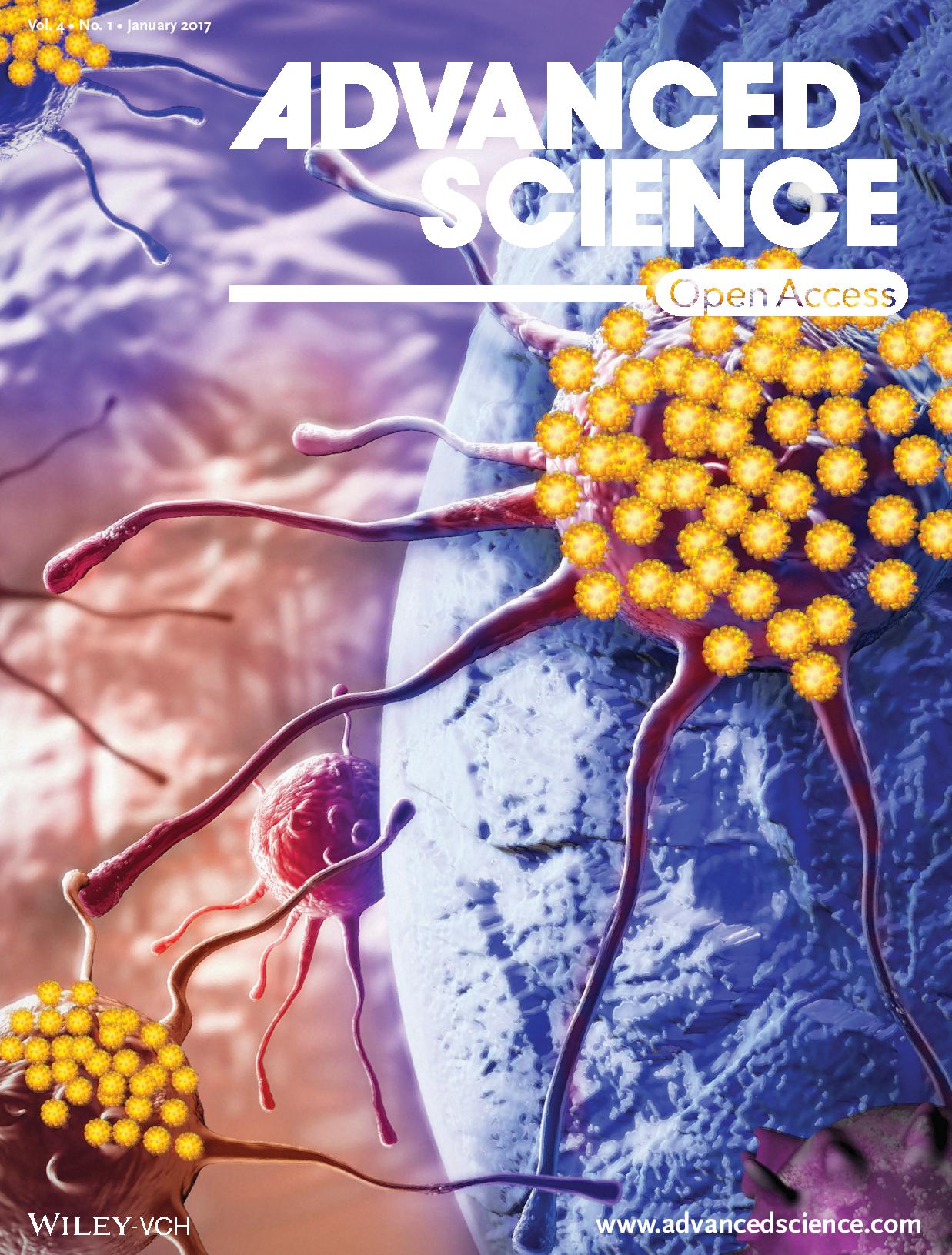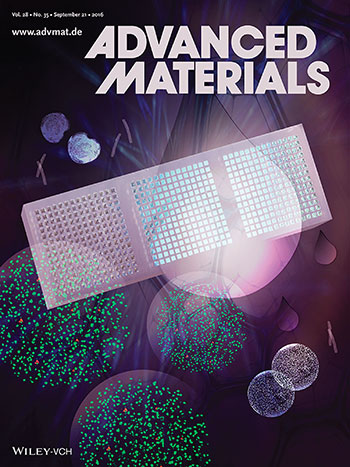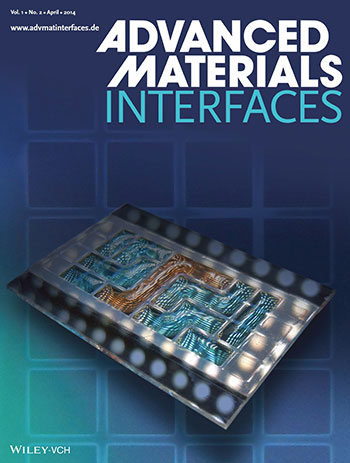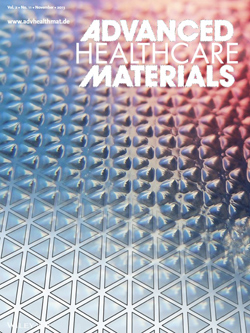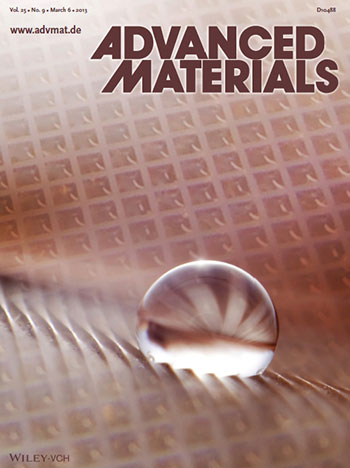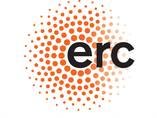53. Combinatorial Approach to Nanoarchitectonics for Nonviral Delivery of Nucleic Acids
M. Molla, P.A. Levkin
Adv. Mater., 2015, 28, 1159-1175
Nanoparticles based on cationic polymers, lipids or lipidoids are of great interest in the field of gene delivery applications. The research on these nanosystems is rapidly growing as they hold promise to treat wide variety of human diseases ranging from viral infections to genetic disorders and cancer. Recently, combinatorial design principles have been adopted for rapid generation of large numbers of chemically diverse polymers and lipids capable of forming multifunctional nanocarriers for the use in gene delivery applications. At the same time, current high-throughput screening systems as well as convenient cell assays and readout techniques allow for fast evaluation of cell transfection efficiencies and toxicities of libraries of novel gene delivery agents. This allows for a rapid evaluation of structure-function relationship as well as identification of novel efficient nanocarriers for cell transfection and gene therapy. Here, the recent contribution of high-throughput synthesis to the development of novel nanocarriers for gene delivery applications is described.
